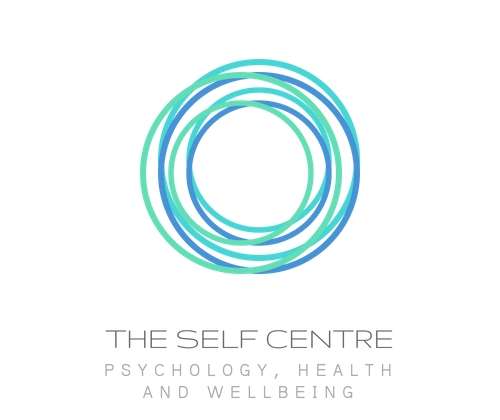
The Benefits of Sleeping Well
“If only I could sleep all night!”
Anyone who has had disrupted sleep knows the power of a good night sleep. However, for those who struggle nightly the consequences are quite huge. We can become so used to broken sleep that we don’t even realise the impact it is having on our body and life until we start to sleep well again.
Did you know that poor sleep quality has been linked to depression, anxiety, stress, heart disease, diabetes, hypertension, and neural cognitive deficits to name just a few? Day to day however, people who experience poor sleep report being less patient, less resilient, less creative, irritable, and foggy brained, less motivated, or even more hyperactive.
Sleep has such a huge impact on our everyday lives – in fact, it’s one of the first questions we often ask people when they come to see us, because it is so important to our daily wellbeing.
When we are stressed, anxious, worried, or feel sad our sleep suffers, and when our sleep suffers, we have decreased mood and increased stress, overwhelm and irritability. It can become a difficult cycle to overcome, and many times people just ‘put up with it’. But you don’t have to! Changing sleep habits can have a HUGE impact on sleep quality but it doesn’t happen overnight (no pun indented) it is something you have to practice, on purpose, every night.
Did you know that it’s normal to wake up briefly every night? However, people with healthy sleep habits often don’t even notice it. If they do they typically don’t stress about it. This takes the pressure off the need to sleep perfectly. It allows us to trust that waking is normal, and can help to reduce the anxiety around wakefulness – something many people need at 3am!
Our Top 3 tips for healthy sleep habits:
1. Turn off all blue light (tv, tablets, phones) 2 hours before bed – don’t just turn on the blue light function on your device, you need to switch off – it helps your brain settle down and notice your body getting sleepy
2. Go to bed & wake up at the same time every day – this teaches your body to learn when its bed time. Its very easy to ‘push through’ bedtime and soon enough your body doesn’t even register its time to sleep
3. Create a bedtime ritual that is calming – dimming lights, reading a fiction book, having a warm shower before bed all teach your body its time to slow down and let go.
4. Take up Mindfulness – practicing letting go and paying attention on purpose will help enormously when it comes to sleep
5. See your Psychologist – Cognitive therapies have been shown to effectively treat and reduce the effects of chronic insomnia.
However, not only is it important to pay attention to changing your behaviour at bedtime, it’s also important to change your thinking about sleep as well.
Sleep difficulty impacts at least 60% of our population, and yet very few people report or seek help from their GP or Psychologist. At The Self Centre, our Psychologists can offer tailored treatment to target sleep disruption and aim to improve overall wellbeing day and night.
You don’t have to ‘put up with’ poor sleep quality. If you are experiencing the impacts of insomnia or difficult sleeping patterns please reach out and ask for help.
(Written by Lyndsay Babcock for The Self Centre 2020)
